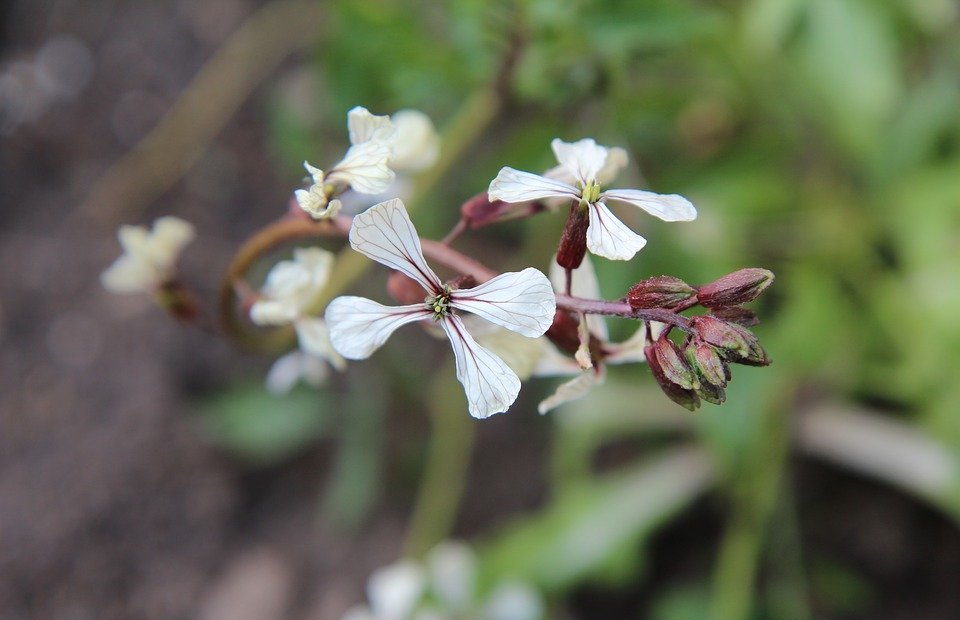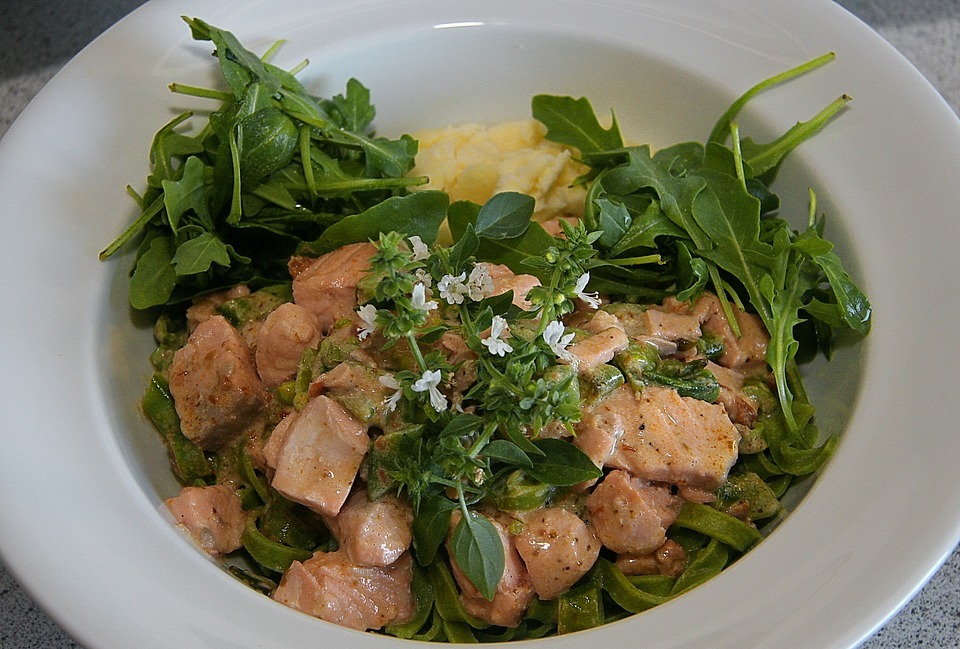This comprehensive guide explores the suitability of arugula (also known as rocket) for rabbits, addressing its nutritional value, potential benefits and risks, and practical tips for safe feeding. We aim to provide you with the knowledge needed to make informed choices about your bunny's diet.
Part 1: The Nutritional Profile of Arugula

1.1. Vitamins and Minerals
Arugula boasts an impressive array of essential vitamins and minerals. Key nutrients include:
- Vitamin K: Vital for blood clotting and bone health.
- Vitamin C: An antioxidant that strengthens the immune system.
- Vitamin A: Crucial for healthy vision, skin, and immune function.
- Calcium: Essential for strong bones and teeth, but moderation is key due to potential oxalate content.
- Iron: Plays a vital role in oxygen transport.
- Potassium: Important for muscle function, nerve impulses, and blood pressure regulation.
- Folic Acid: Essential for cell growth and division.
- Magnesium: Plays a role in over 300 bodily functions, including muscle and nerve function.
1.2. Other Beneficial Compounds
Arugula contains other beneficial compounds, including:
- Antioxidants: Help protect cells from damage caused by free radicals.
- Sulforaphane: A potent compound with anticancer properties.
- Glucosinolates: Compounds with anti-inflammatory effects and potential benefits for heart health.
Part 2: Potential Benefits of Arugula for Rabbits

2.1. Digestive Health
Arugula's high fibre content aids in maintaining a healthy digestive system. It promotes regular bowel movements, reducing the risk of constipation and gut problems.
2.2. Urinary Tract Health
The high potassium content in arugula helps flush out excess calcium, reducing the risk of urinary tract stones, a common health concern for rabbits.
2.3. Immune System Support
Vitamin C and other antioxidants in arugula strengthen the immune system, helping rabbits fight off infections and diseases.
2.4. Dental Health
Arugula's crunchy texture encourages chewing, which helps keep teeth trimmed and prevents dental problems. This is essential for rabbits, whose teeth grow continuously throughout their lives.
Part 3: The Risks Associated with Arugula
3.1. Oxalates
Arugula contains oxalates, which can bind with calcium in the body, hindering its absorption. While rabbits need calcium for bone health, excessive oxalate intake can lead to calcium deficiency, potentially affecting their bones and teeth.
3.2. Goitrogens
Arugula contains goitrogens, substances that can interfere with the production of thyroid hormones. While this is generally not a major concern for healthy rabbits, it could be problematic for those with pre-existing thyroid issues.
3.3. Pesticide Residues
Conventionally grown arugula may contain pesticide residues that can be harmful to rabbits. Choosing organic arugula whenever possible minimizes the risk of exposure to these chemicals.
3.4. Individual Sensitivity
Some rabbits may be more sensitive to certain foods than others. It's crucial to introduce arugula gradually and monitor your bunny's reaction carefully. Signs of sensitivity could include diarrhoea, gas, bloating, or lethargy.
Part 4: How to Feed Arugula to Your Rabbit
4.1. Introduce Gradually
When introducing arugula to your rabbit, start with a very small amount (about a quarter of a teaspoon) and observe their reaction over the next 24 hours. If there are no signs of digestive upset, you can gradually increase the amount over the following days.
4.2. Wash Thoroughly
Always wash arugula thoroughly before feeding it to your rabbit to remove dirt, pesticides, and other contaminants. Rinse it under cold running water and pat it dry with a clean towel.
4.3. Offer in Moderation
Arugula should be offered as a treat, not a staple food. A small amount (about a tablespoon) per day is generally considered safe for most adult rabbits.
4.4. Consider Age and Health
Always consult your veterinarian before introducing arugula to young, old, or pregnant rabbits. They can provide personalized advice based on your bunny's individual needs and health status.
4.5. Monitor for Signs of Sensitivity
Keep a close eye on your rabbit after feeding them arugula for any signs of digestive upset. If you notice any changes in their behaviour or stool consistency, discontinue feeding arugula and consult your veterinarian.
Part 5: Alternatives to Arugula
If you're looking for safe and healthy leafy greens for your rabbit, there are many alternatives to arugula:
- Dandelion Greens: Packed with vitamins and minerals, these greens are a favourite among rabbits.
- Endive: A low-calorie option with a slightly bitter flavour.
- Parsley: A good source of vitamin C and iron.
- Spinach: Rich in iron and vitamin A, but should be given in moderation due to its high oxalate content.
- Cilantro: A unique and refreshing flavour for rabbits.
- Kale: A nutrient-rich green, but best offered in moderation due to its high calcium content.
- Collard Greens: A good source of vitamins A, C, and K.
- Romaine Lettuce: A safe and palatable option, but it's essential to choose organic and wash it thoroughly.
- Escarole: A milder, more palatable lettuce variety that's often enjoyed by rabbits.
- Red Leaf Lettuce: A good source of vitamins and minerals, but it should be offered in moderation.
Part 6: FAQs
6.1. Can baby rabbits eat arugula?
It's best to avoid feeding arugula to baby rabbits, as their digestive systems are still developing. Their diet should consist primarily of hay and milk from their mother.
6.2. Can I give my rabbit arugula every day?
Arugula should be given as a treat, not a daily food. Limit it to a small amount (about a tablespoon) per day.
6.3. What if my rabbit shows signs of sensitivity to arugula?
If your rabbit exhibits signs of digestive upset after eating arugula, discontinue feeding it immediately. Contact your veterinarian for further guidance.
6.4. Is it safe to feed arugula to pregnant or lactating rabbits?
It's best to avoid feeding arugula to pregnant or lactating rabbits. Consult your veterinarian for specific recommendations regarding their diet.
6.5. What are some other safe leafy greens for rabbits?
Besides the alternatives listed in Part 5, other safe leafy greens include romaine lettuce, escarole, and red leaf lettuce.
6.6. How can I know if the arugula I'm feeding my rabbit is safe?
Always choose organic arugula whenever possible. Wash it thoroughly to remove any contaminants. If you're unsure about the safety of your arugula, consult your veterinarian.
6.7. Can I freeze arugula for later?
Yes, you can freeze arugula for later use. Wash and dry it thoroughly, then freeze it in a freezer-safe bag or container.
6.8. How long can I keep arugula in the refrigerator?
Fresh arugula can be stored in the refrigerator for up to 5 days.
Conclusion
While arugula can be a nutritious treat for rabbits, it's important to offer it in moderation and monitor your bunny's reaction carefully. By understanding the potential benefits and risks, and following the guidelines provided, you can ensure your rabbit enjoys a safe and healthy diet. If you have any concerns or questions, always consult your veterinarian for personalized advice.
Everyone is watching
-

Do Rabbits Lay Eggs? (The Surprising Truth)
OTHER TYPES OF PETSThis article will unravel the common misconception that rabbits lay eggs, exploring the fascinating world of r...
-

What's a Group of Rabbits Called? (A Comprehensive Guide)
OTHER TYPES OF PETSThis article delves into the fascinating world of rabbits, exploring the various terms used to describe a grou...
-

Can Rabbits Eat Grapes? A Guide to Safe Rabbit Treats
OTHER TYPES OF PETSThis comprehensive guide will explore the safety and suitability of grapes for rabbits, providing detailed inf...
-

Predators That Hunt Rabbits: A Guide to Natural Enemies
OTHER TYPES OF PETSI've always been fascinated by the circle of life, that delicate dance between predator and prey. Growing up ...
-

Are Rabbits Nocturnal Animals?
OTHER TYPES OF PETSThe question of whether rabbits are nocturnal animals is a fascinating one, with a surprisingly complex answer...
